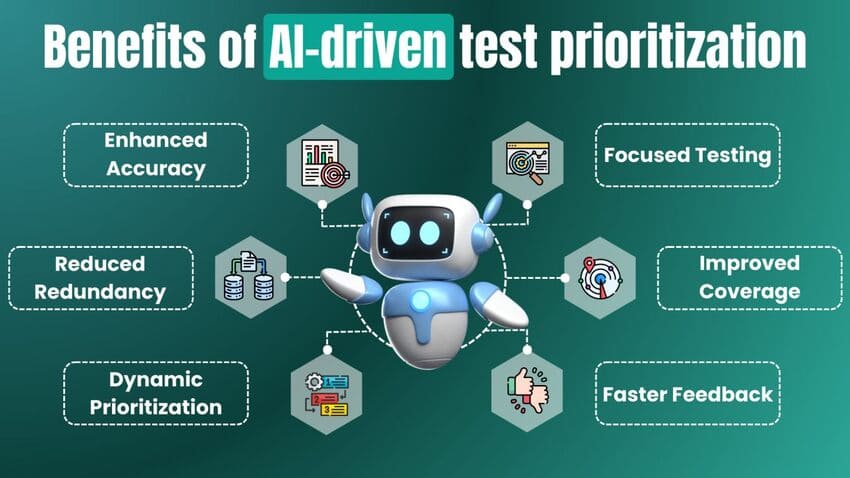
Pediatrics
What is a Pediatric Surgeon?
Pediatric surgeons treat children from the newborn stage through late adolescence. They choose to make pediatric care the core of their medical practice, and the unique nature of medical and surgical care of children is learned from advanced training and experience in practice.
Pediatric surgeons diagnose, treat, and manage children’s surgical needs including:
- Surgery for abnormalities of the groin in childhood and
adolescence which include undescended testes, hernias, hydroceles and
varicoceles
- Surgical repair of birth defects
- Serious injuries that require surgery (for example, liver
lacerations, knife wounds, or gun shot wounds)
- Diagnosis and surgical care of tumors
- Transplantation operations
- Endoscopic procedures (bronchoscopy, esophagogastroduodenoscopy, colonoscopy)
- All other surgical procedures for children
- Counselling for Prenatally detected anomalies
- Surgeries for Birth Defects (Congenital Anomalies)
- Head and Neck Surgeries
- Pediatric Surgical Gastroenterology
- Pediatric Hepatobiliary Surgeries
- Pediatric Urology Surgeries
- Pediatric Thoracic Surgery
- Pediatric Neurosurgery
- Pediatric Surgical Oncology
- Surgeries for Birth stains/marks
- Surgeries for Genital abnormalities
- Neonatal Surgical Emergencies
- Pediatric Surgical Emergencies
- Pediatric Trauma Services
- Minimal Access Surgery
- Absent Testis in Scrotum
- Anal Fissure
- Anal Itching
- Circumcision
- Cleft Lip And Cleft Palate
- Congenital Diaphragmatic Hernia
- Difficulty in Passing Urine
- Ectopic Anus
- Hypospadias
- Inguinal Swelling
- Intussusception
- Penile Hygiene
- Scrotal Swellings
- Tongue Tie in Infants
- Undescended Testis
Recent Published
Submit Manuscript
To give your manuscript the best chance of publication, follow these policies and formatting guidelines.


